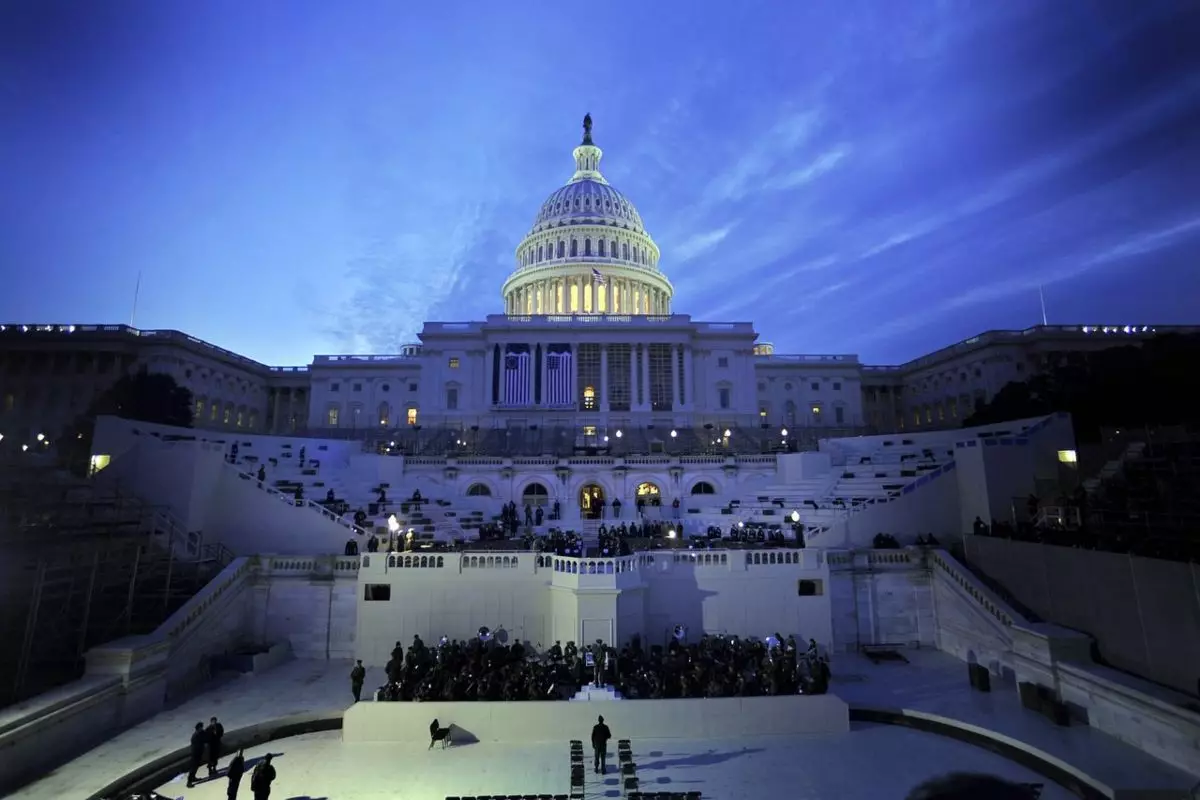The proposed bill to regulate stablecoins in the United States may soon see a breakthrough as Republicans and Democrats are likely to come to an agreement. After initial disagreements between the two parties, it seems that both sides are now aligned on the need for comprehensive regulation around stablecoins. This article will explore the recent developments in the regulatory landscape and discuss the potential impact on the cryptocurrency market.
Two senior members of the U.S. House of Representatives’ Financial Services Committee, who drafted the bill, have revealed that Republicans are in favor of state-wise regulation of stablecoins. While this may have initially raised concerns about the fragmentation of regulations, it is now seen as a minor issue that will not hinder the progress of the bill. Republicans have also expressed agreement with Democrats on avoiding a “race to the bottom” when it comes to guardrails around fiat-backed digital currencies.
Previously, Democrats and Republicans were at odds over the proposed legislation. However, recent discussions have led to a shift in perspective. Both parties now recognize the need for regulatory frameworks that can mitigate the risks associated with stablecoins and ensure the stability of the financial system.
One of the key points of agreement between the two parties is the facilitation of state pathways for stablecoin regulations. Representative James French Hill, a Republican from Arkansas, emphasized the importance of allowing states to have a say in the regulatory process. However, he also stressed the need to avoid a race to the bottom in terms of regulatory standards. Hill’s comments came during an online event with the Atlantic Council, a prominent think tank based in Washington.
The current version of the draft bill grants the U.S. Federal Reserve the authority to enforce or review stablecoin regulations. This aligns with Federal Reserve Chairman Jerome Powell’s previous testimony where he advocated for the central bank to play a role in regulating payments tokens. Representative Jim Himes, a senior Democrat on the Financial Services Committee, echoed similar sentiments. While recognizing the state versus federal policy debate around stablecoin regulations, Himes believes that this debate will not pose a major hurdle to the passage of the proposed bill.
Both Republicans and Democrats hope to advance comprehensive regulatory frameworks for stablecoins and crypto markets in the United States by the end of July. The House Financial Services Committee has rescheduled its vote on the legislation to July 26. If the bill passes this vote, it will then move to the Senate for approval from the Democrats.
The recent developments in the stablecoin regulation landscape have brought Republicans and Democrats closer to an agreement. Both sides now recognize the importance of comprehensive regulation to protect investors and maintain financial stability. While there were initial disagreements, the focus has shifted towards facilitating state pathways for regulation and ensuring that regulatory standards are not compromised. With the rescheduled vote on the legislation approaching, the cryptocurrency market eagerly awaits the outcome and the potential impact it may have on the future of stablecoins in the United States.


Leave a Reply